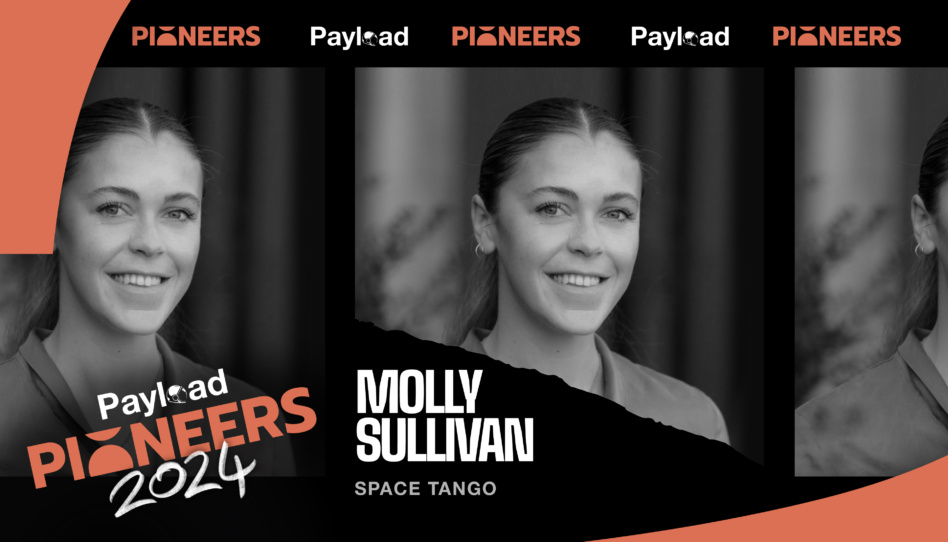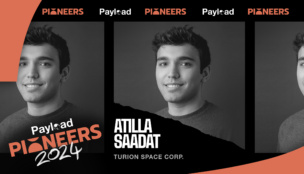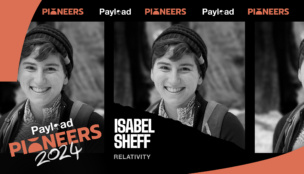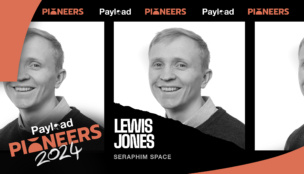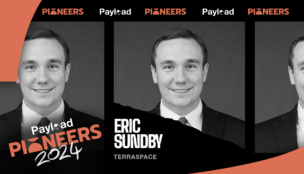Molly Sullivan is an outsider—and she likes it that way.
The 26-year-old director of business operations at Space Tango didn’t take a typical path to a career in the space industry. Instead, during a discussion of how Earth’s gravity is a challenge to growing organs in a lab, the biotechnology student found herself wondering: Could space fix that?
That question landed her at Space Tango, a startup that pursues medical research in orbit that is difficult to do on Earth. The company’s technology allows researchers to compare the results of experiments done both in orbit and on Earth to see where space might lend an advantage and continues to expand the burgeoning on-orbit manufacturing industry.
“Without the fundamental research and manufacturing knowledge to support life off-planet, how can we protect our investments into space infrastructure and exploration?” she said in her application to be a Payload Pioneer. “This is the industry transformation that I feel privileged to be a part of every day.”
Biotech breakthroughs: Sullivan sees fascinating possibilities for the future of medicine on Earth and beyond.
One example: Space Tango partnered with Lambda Vision to create higher-quality artificial retinas in orbit and will soon offer a 3D printing application to fabricate nanomaterials in space. The company hopes its focus on scalability and a modular approach—letting customers plug their own projects into a Space Tango platform—will lead to more innovation.
“I’ve gotten to do a lot of these one-off investigations that get a good amount of data—but not enough to really draw any significant commercial applications from them,” Sullivan said. “What I’m excited about is transitioning…to a higher-throughput type of platform to be able to produce more data for these scientists, and then maybe discover whatever that killer app is that can actually spur that economy of products produced in space for use on Earth.”
